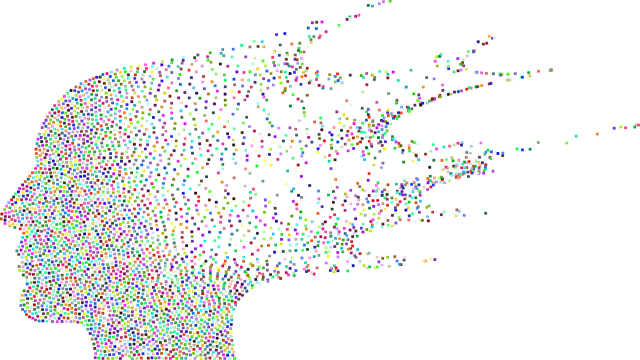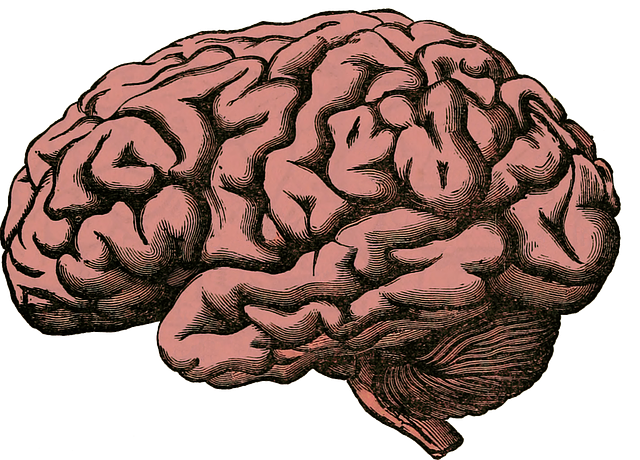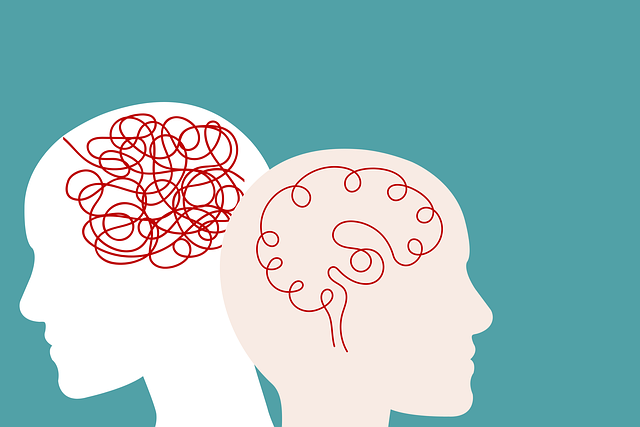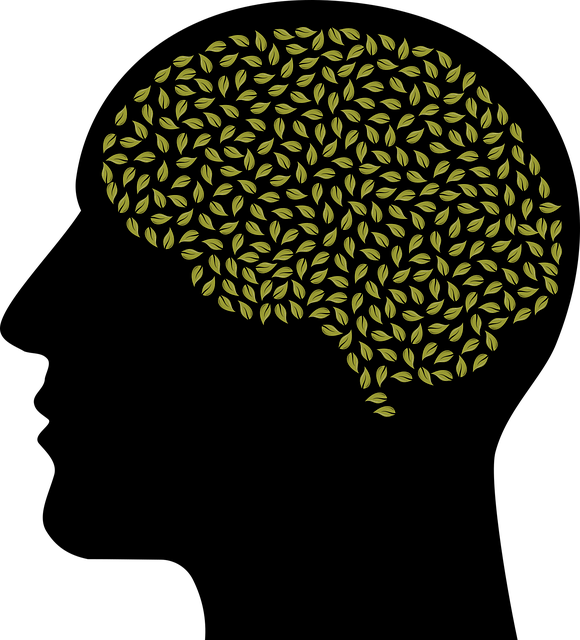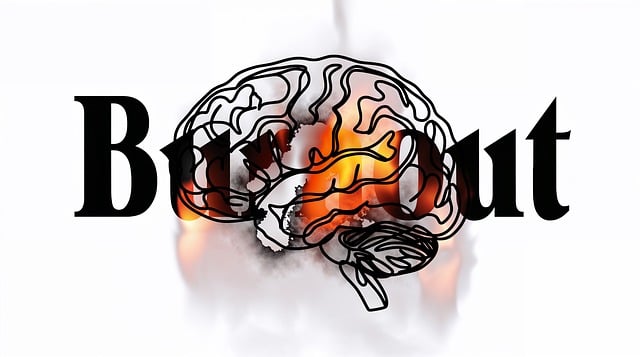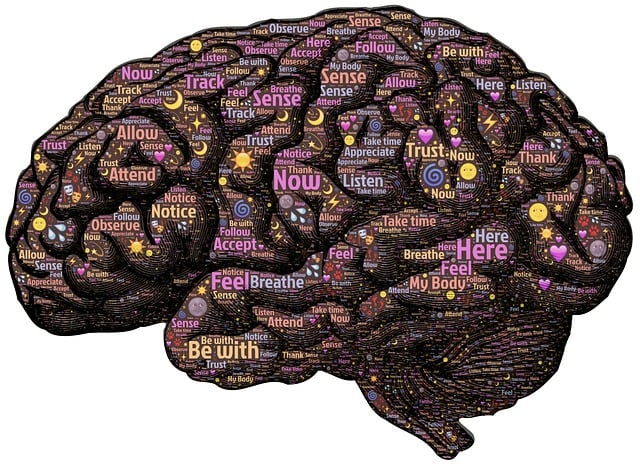Lafayette Child Abuse Therapy uses the RFM framework (Recovery, Flexibility, Mastery) to help children recover from trauma and abuse, adapt to change, and regain control. Through targeted exercises, they focus on memory processing, anxiety management, and confidence building. This holistic approach boosts resilience, emotional intelligence, and well-being, empowering kids to navigate challenges effectively. By combining RFM strategies with community outreach, like stress management workshops, Lafayette Child Abuse Therapy extends their impact, fostering stronger mental health foundations and improved emotional well-being.
In today’s challenging world, building resilience is paramount for overall well-being. The RFM (Resourceful, Flexible, and Mobile) model emerges as a powerful tool in this regard, especially within the context of child abuse therapy. This article delves into the transformative power of RFM and its role in fostering resilience, particularly in children. We explore effective exercises drawn from the Lafayette Child Abuse Therapy approach, offering practical strategies for both immediate and long-term emotional health.
- Understanding RFM and Its Role in Resilience Building
- Exercises to Enhance Resilience in Children: A Lafayette Child Abuse Therapy Approach
- Implementing RFM Strategies for Long-Term Emotional Well-being
Understanding RFM and Its Role in Resilience Building

Resilience is a vital asset for individuals to navigate life’s challenges and setbacks. This is where RFM (Recovery, Flexibility, and Mastery) steps in as a powerful framework. Lafayette Child Abuse Therapy has recognized the significance of RFM in fostering mental wellness, especially in children who have experienced trauma or abuse.
By focusing on these three core components, RFM aims to enhance individuals’ ability to recover from adverse experiences, adapt to change, and regain control over their lives. In the context of therapy, Lafayette Child Abuse Therapy professionals use exercises that target each aspect of RFM. For instance, recovery-focused activities help clients process and release traumatic memories, while flexibility training teaches them to adapt to new situations and manage anxiety relief. The development of mastery skills empowers individuals to take control, build confidence, and contribute to the successful execution of public awareness campaigns related to mental wellness, ultimately improving overall resilience and well-being.
Exercises to Enhance Resilience in Children: A Lafayette Child Abuse Therapy Approach

Building resilience in children is a vital aspect of their overall well-being, and Lafayette Child Abuse Therapy has developed an innovative approach to achieve this through various exercises. This therapy focuses on empowering young minds to cope with challenges and adversity, fostering self-confidence and emotional strength. One of the key methods they employ is engaging children in self-awareness exercises designed to help them understand their emotions and triggers. By encouraging kids to identify and express their feelings, these exercises promote a deeper sense of self-awareness, enabling them to make better decisions and navigate difficult situations more effectively.
Additionally, Lafayette Child Abuse Therapy incorporates strategies aimed at depression prevention and emotional intelligence development. Through interactive activities and therapeutic conversations, children learn to manage stress, regulate their emotions, and build healthy coping mechanisms. By nurturing these skills, the therapy equips kids with the tools to enhance their mental resilience, improve social interactions, and promote overall well-being, ensuring they can thrive in a challenging world.
Implementing RFM Strategies for Long-Term Emotional Well-being

Implementing RFM (Resilience, Flexibility, and Mastery) strategies is a powerful approach to fostering long-term emotional well-being, especially for individuals who have experienced challenging circumstances like Lafayette Child Abuse Therapy clients. These strategies are designed to help people develop coping mechanisms that promote resilience and enhance their ability to navigate life’s curveballs. By incorporating RFM techniques into therapy sessions and extending them beyond the clinical setting, professionals can empower individuals to build a stronger foundation for their mental health.
The Community Outreach Program Implementation of stress management workshops and similar initiatives plays a pivotal role in this process. These workshops teach valuable skills like positive thinking, emotional regulation, and problem-solving strategies. By organizing such programs, therapy centers can reach a broader audience, offering support to those who may not have access to traditional therapy services. Through regular practice, participants learn to manage stress, fostering an environment conducive to personal growth and resilience, ultimately leading to improved emotional well-being.
Resilience is a vital asset for individuals of all ages, especially those who have experienced trauma. The RFM model offers a comprehensive framework to build and strengthen resilience, as demonstrated by the successful Lafayette Child Abuse Therapy approach. By incorporating targeted exercises, this therapy helps children develop emotional coping mechanisms and navigate life’s challenges. With consistent application, RFM strategies can lead to long-term emotional well-being, ensuring individuals are equipped to thrive despite adverse circumstances. This evidence-based method is a game-changer in fostering resilience and offers hope for a brighter future.



